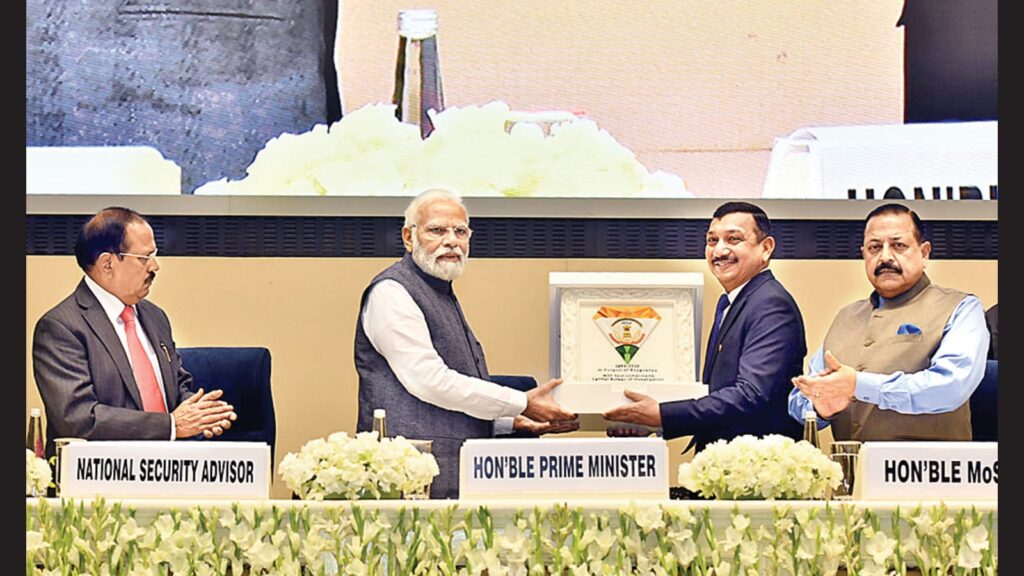In a spirited defence of the Central Bureau of Investigation (CBI), Prime Minister (PM) Narendra Modi on Monday asked the federal agency not to be deterred by attacks and criticism and continue to go after the corrupt. Signalling that his government was digging its heels in the ongoing controversy over perceptions of bias in the functioning of federal investigative agencies, Mr Modi said his administration did not lack the political will to take on graft. He also hit out at what he called an ecosystem created in the past in Delhi to protect the corrupt, and extolled his government’s record in cleaning up bad loans and cracking down on black money. The PM is correct in underlining the malaise of corruption and its detrimental effects on the health of the economy and society, and highlighting the importance of transparent processes and robust oversight.
But the root of CBI’s travails lies elsewhere. The investigating agency draws its powers from the Delhi Special Police Establishment Act and remains dependent on a working relationship between the Union government and states to function smoothly. Given that it has limited statutory powers in the absence of consent by states, the agency has faced problems every time India’s federal structure has come under stress. It is this sensitivity to political dynamics that has made the agency vulnerable to political influence, as highlighted by the Supreme Court (SC) in a landmark verdict in 2013. Even today, mounting allegations of partisanship and charges that names linked to corruption scandals are treated differently based on their political affiliation hobble the agency’s functioning and erode its credibility. A case filed before the SC by 14 Opposition parties, alleging that the central government is weaponising agencies is emblematic of this perception, which has also prompted nine states, most of them controlled by Opposition parties, to withdraw general consent to CBI. In addition, data published by this newspaper showed CBI’s conviction rates, which hovered between 70%-75% overall in recent years, dropped in cases filed under the Prevention of Corruption Act in 2020 and 2021.
It is for the courts to determine whether political influence played any role in a litany of recent raids and prosecutions against Opposition leaders. But in politics, perception is everything. In a polarised political atmosphere, CBI must also be seen as independent and impartial if it has to tackle the problem of corruption in a federal structure deftly.
Enjoy unlimited digital access with HT Premium
Subscribe Now to continue reading


